Femo Bunkers Savannah with HVO
SuperyachtNews speaks with Ugo Pastorino, Partner and General Manager of Femo Bunker, about its first delivery and his impressions of the market for HVO…
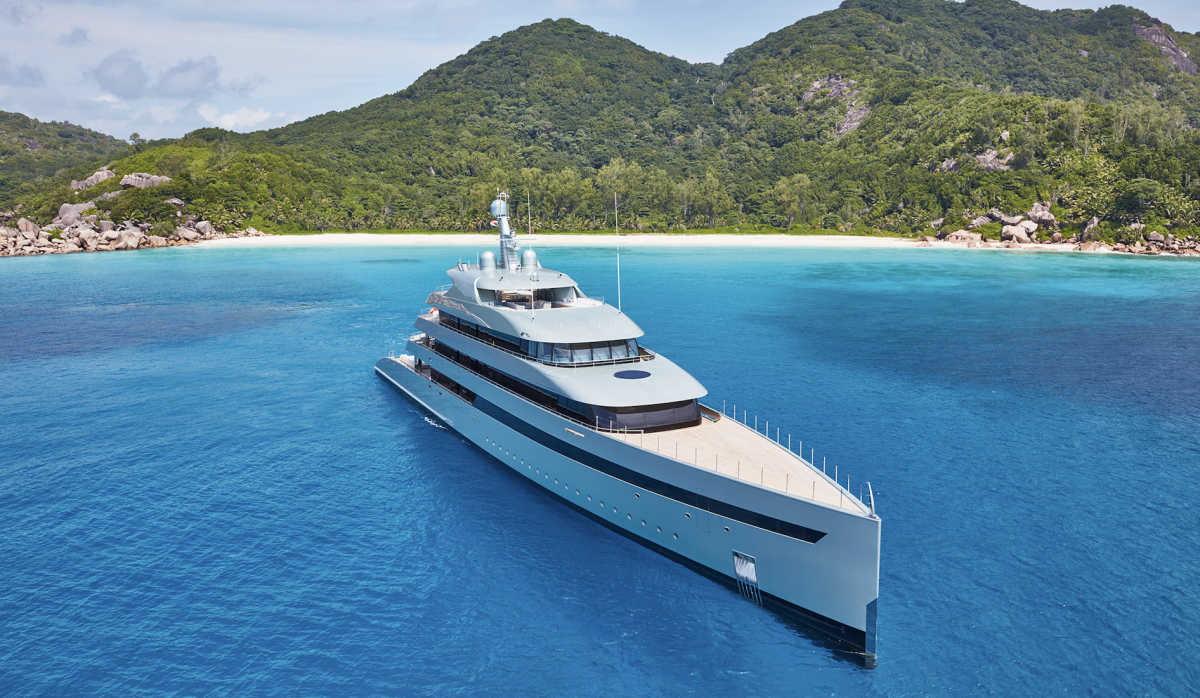
Hydrotreated Vegetable Oil (HVO) is an innovative synthetic fuel that can reduce CO2 emissions by approximately 80 per cent. It has gained popularity as a simple solution for the decarbonisation of the fleet, but uptake has been relatively slow. With a range of suppliers and brokers now in the rapidly evolving market, SuperyachtNews speaks with Ugo Pastorino, Partner and General Manager of Femo Bunker, about the delivery of the company's first 90,000L to the Côte d'Azur and his impressions of the market for HVO.
"HVO, particularly for medium and large superyachts, is still a novel concept,” shared Pastorino when asked whether they had seen significant demand increases. "Instead of an outright rise in requests for the product, we're seeing a surge in inquiries about its compatibility with on-board engines. While some encounter approval challenges, an increasing number are conducting tests and considering the shift to HVO."
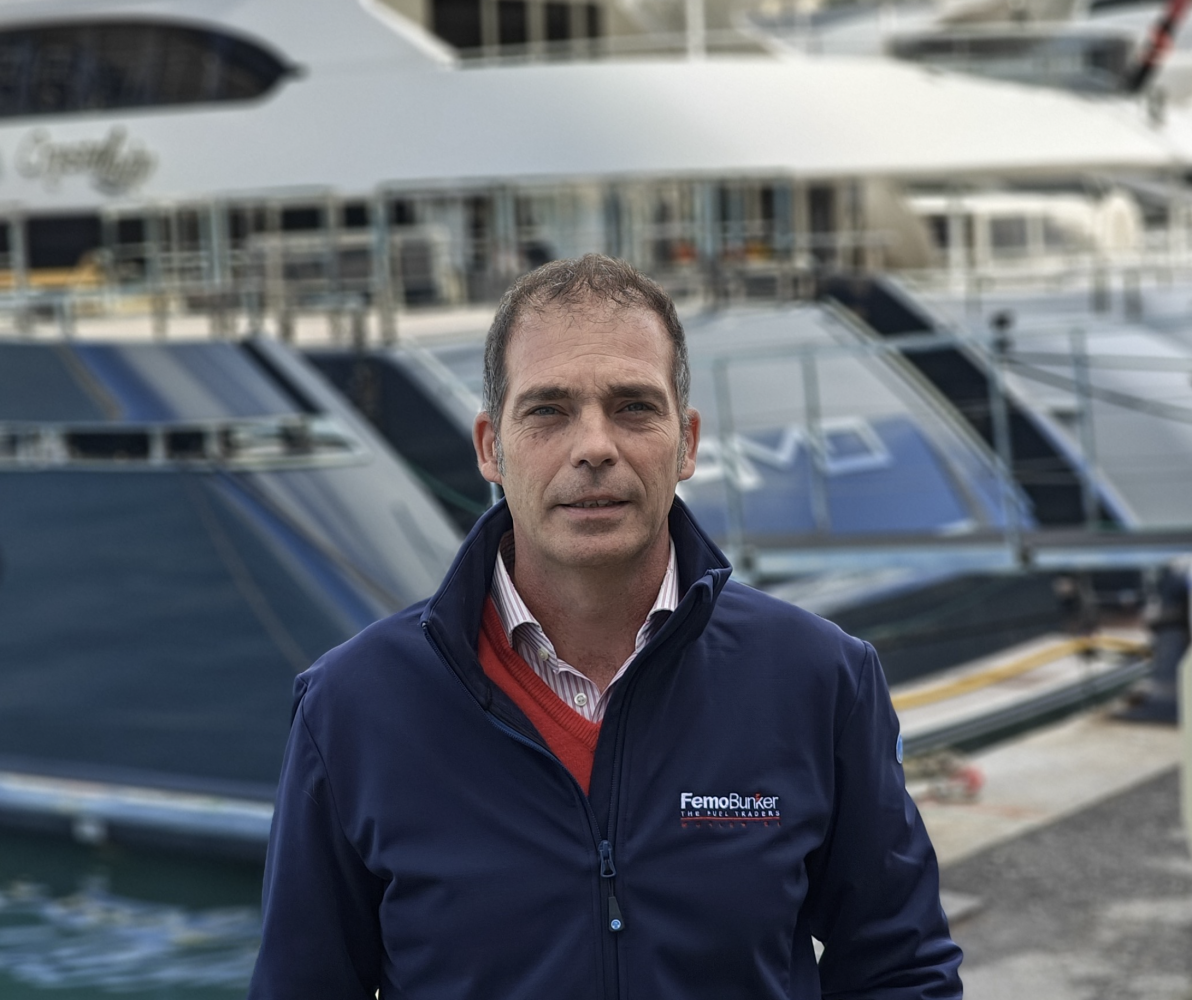 Ugo Pastorino, Partner and General Manager of Femo Bunker
Ugo Pastorino, Partner and General Manager of Femo Bunker
"Obviously, at the moment HVO is slightly more expensive than regular diesel. However, in the long run, we expect HVO prices to align with traditional fuel types."
As Pastorino explains, currently, HVO faces a few hurdles before it sees wider adoption. "The challenge with HVO lies in its distribution, particularly for smaller yachts. Most of these refuel at marinas, and few marinas have transitioned to HVO storage.
On the other hand, larger yachts, especially those upwards of 60/70 metres, typically source their fuel directly from trucks. Given the HVO availability in strategic European depots, suppliers like Femo Bunker can facilitate off-grid deliveries. For these larger yachts, the interest and demand are increasing. However, for smaller boats, the shift hinges on marinas transitioning to 'green fuel'."
"Over the years, yacht builders, driven by international pollution regulations and eco-conscious shipowners, have gravitated towards greener alternatives," continues Pastorino. "With most shipbuilders now investing in R&D for newer technologies, including methanol-based combustion and hybrid engines, HVO stands as a vital step towards emission reduction. Savannah's transition will likely inspire other iconic vessels."
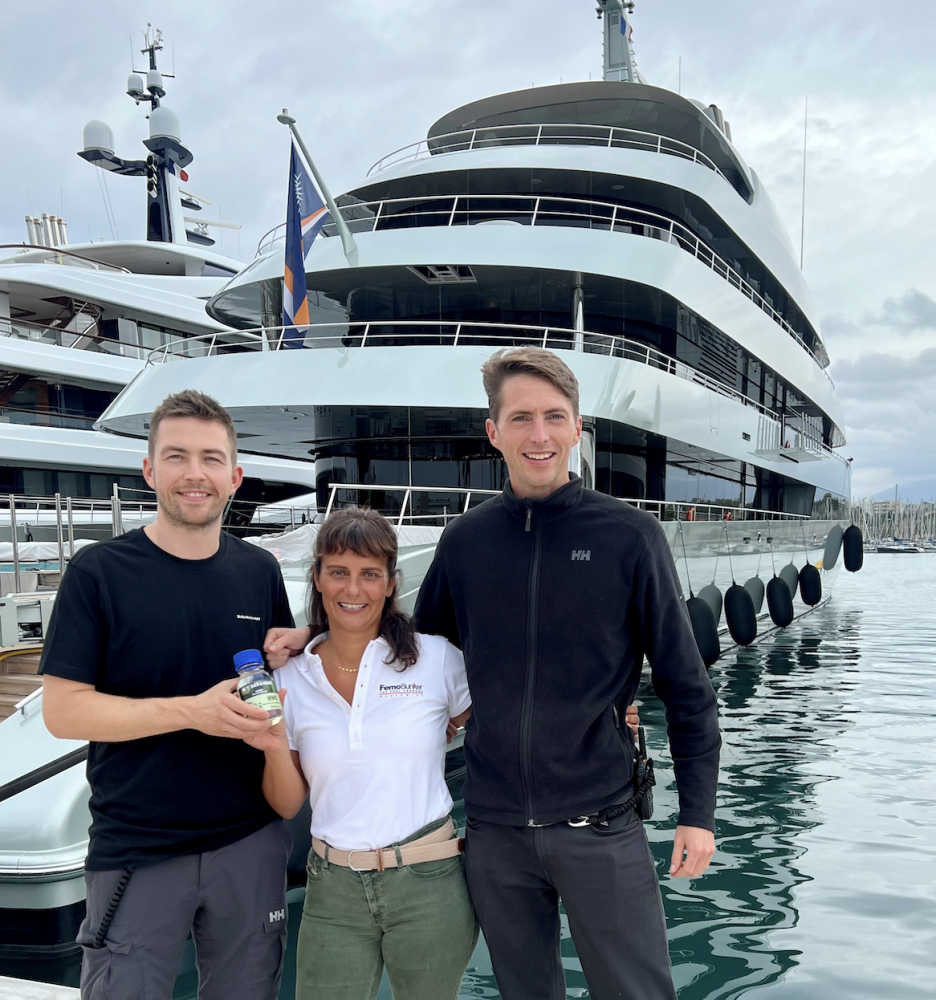 Tunesi Diletta Femo Bunker Senior Trader with Savannah Captain and Chief Engineer
Tunesi Diletta Femo Bunker Senior Trader with Savannah Captain and Chief Engineer
Historically, large yacht manufacturers have more flexibility to embrace greener technologies. One of the early technologies adopted was the use of Urea-based solutions (known as AdBlue) to curtail particulate emissions. This progressed to the creation of injectors compatible with low-sulphur fuel products. Now, the exploration of vegetable-based fuels heralds a promising step towards achieving low-emission cruising.
The main challenge remains HVO's availability outside the European Union and the Mediterranean," concludes Pastorino. "While there's potential interest in America, the widespread distribution of HVO remains a hurdle. For instance, yachts refuelling with HVO in the Mediterranean might need to switch between mineral and vegetable-based fuels during winter trips to destinations like the Caribbean or Maldives Seychelles."
HVO, a ‘second-generation’ biofuel, utilises by-products instead of competing with the food and feed chain. However, critics highlight the irony of shipping a low-carbon fuel such as HVO using carbon-heavy methods. Yet, HVO production and infrastructure network is increasing and becoming more efficient. While it may not be able to service the entire shipping industry, it is potentially greatly impactful on the superyacht industry's decarbonisation efforts.
Main image credit: Feadship
Profile links
NEW: Sign up for SuperyachtNewsweek!
Get the latest weekly news, in-depth reports, intelligence, and strategic insights, delivered directly from The Superyacht Group's editors and market analysts.
Stay at the forefront of the superyacht industry with SuperyachtNewsweek
Click here to become part of The Superyacht Group community, and join us in our mission to make this industry accessible to all, and prosperous for the long-term. We are offering access to the superyacht industry’s most comprehensive and longstanding archive of business-critical information, as well as a comprehensive, real-time superyacht fleet database, for just £10 per month, because we are One Industry with One Mission. Sign up here.
Related news
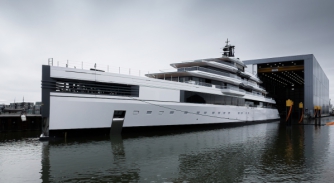
Feadship’s Project 1011 readies for sea trials
The highly anticipated 103m yacht has finally left the construction shed in Makkum ahead of its trials in the North Sea
Fleet
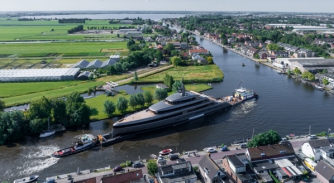
Feadship – On the Road to Zero
CEO Henk de Vries assesses Feadship’s plan to build carbon-neutral superyachts by 2030, and the wider sector’s green ambitions
Business
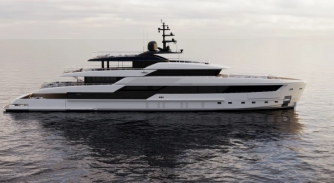
Lloyd’s approves Sanlorenzo’s and Feadship's methanol fuel system
Sanlorenzo's methanol fuel system for 50Steel and Feadship's compact multi-fuel system design have secured approval from the classification society
Crew
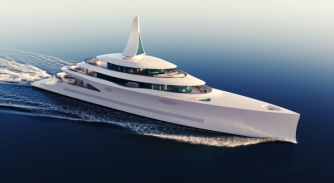
Feadship 83m concept Dunes debuts at MYS
Dunes takes a step towards Feadship’s goal of net-zero superyachts
Fleet
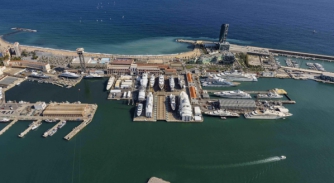
MB92 and Rolls-Royce form sustainable refit partnership
The refit specialists and engine experts are collaborating on an initiative to accelerate the adoption of more sustainable fuels
Crew
Related news
Feadship – On the Road to Zero
1 year ago
Feadship 83m concept Dunes debuts at MYS
2 years ago
NEW: Sign up for
SuperyachtNewsweek!
Get the latest weekly news, in-depth reports, intelligence, and strategic insights, delivered directly from The Superyacht Group's editors and market analysts.
Stay at the forefront of the superyacht industry with SuperyachtNewsweek



